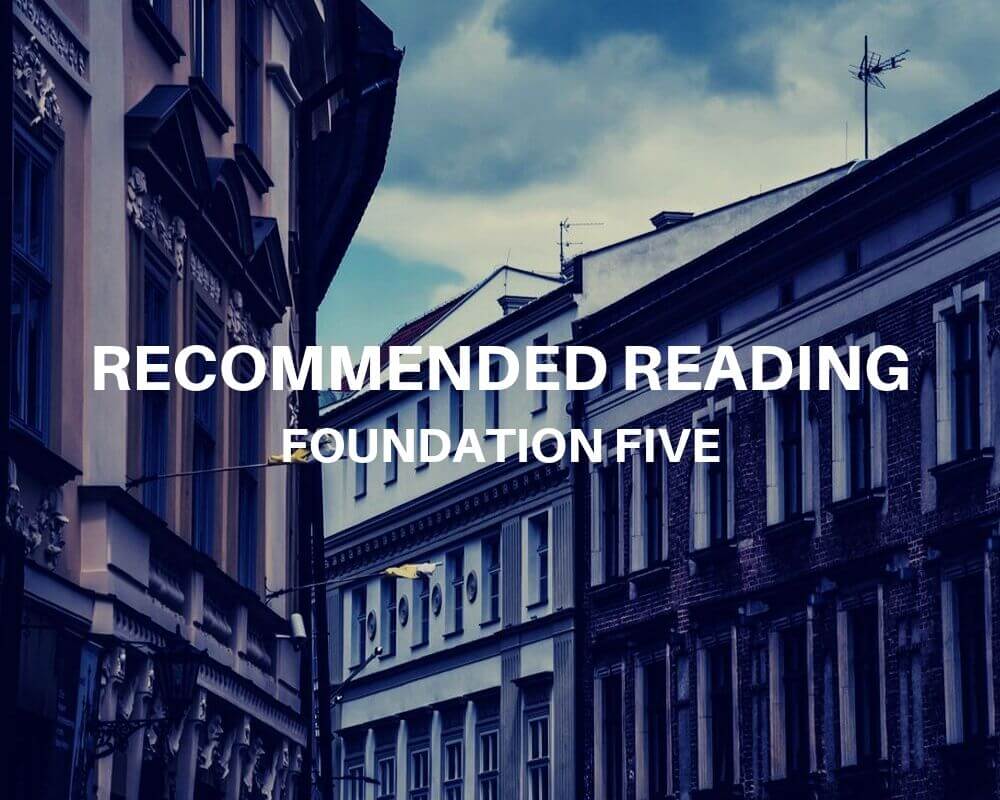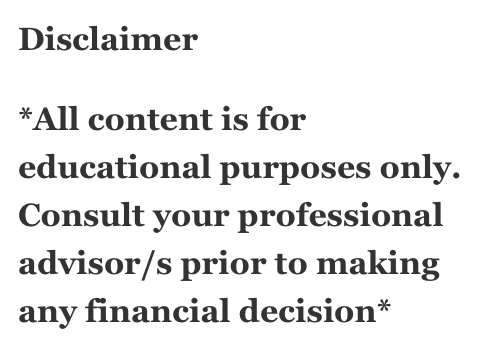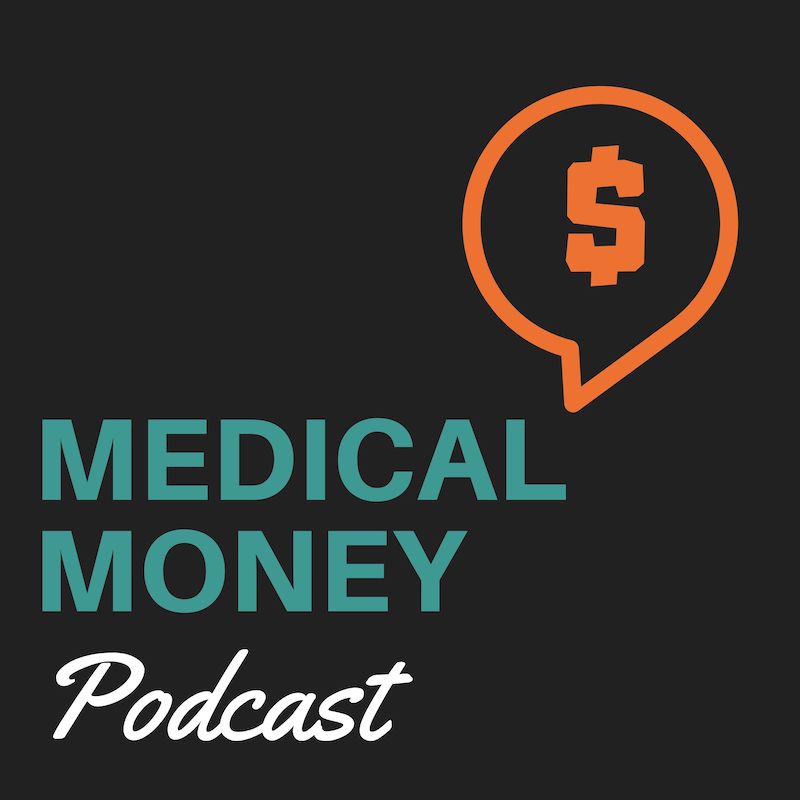My Foundation Five – Finance For Beginners

In his book The First 20 Hours, Josh Kaufman explains how we can go from complete novice to “pretty good” in any skill with just 20 hours of learning. This also applies to financial education.
In the world of financial education, there are two types of resources.
- “Why to” resources- these explain principles and provide a framework for adding specific knowledge
- “How to” resources- these give you the specific knowledge and confidence to take action.
This page may contain affiliate links. I may hold positions in the investments discussed. See the disclaimer for more info.
We need to use both- let’s use the analogy of a house. The “why to’s” are like the foundation and structure of your financial house. They give you a point of reference and a direction for the bigger goal but simply reading “why to” books alone does not lead to results. The “how to’s” empower us with specific knowledge to take action and complete each room of the house specific for its purpose. Just like every house needs a bathroom, kitchen and bedroom, your financial house will require a basic understanding of your income, assets and cash flow.
Here are my five favourite books to help take you from beginner “pretty good”. It will probably take you about 40 hours to get through them all, but I guarantee that once you’re done, you will feel superhuman and ready for a life of financial abundance.
Haven” t got time to read? Why not make audiobooks your new best friend.
This page may contain affiliate links where we may receive a commission. Please read my disclaimer for more info.
1. Rich Dad Poor Dad: What the Rich Teach Their Kids About Money That the Poor and Middle Class Do Not!
Robert Kiyosaki
This book has been the catalyst for turning many everyday people into wealthy and successful investors.
In short, it’s a book about how to make your money work for you so you can escape the rat race and become financially free.
First written in 1997, Kiyosaki has changed the lives of millions- starting with the baby boomers, Gen X&Y, and now the millennials.
Unless your parents are successful investors, then it’s likely you got through school (and med school) without the basic concepts of what it takes to become financially free.
It’s a “why to” book that provides many “aha moments” of enlightenment.
It introduces the topics of cash flow and accounting- the cornerstones of financial success. But don’t worry, its all very simple and I think that’s the reason for the book’s success. While it’s aimed at the American market, everything is globally relevant.
Kiyosaki turns the complex subjects of income, expenses, assets and liabilities into a very simple back of the napkin framework that even a 15-year-old can understand.
If you haven’t read it, then make this your #1 priority because it will give you a framework to think about money and finance for the rest of your life.
Get it in print, kindle or audio.
2. It’s Your Money: How Banking went Rogue, Where it is Now and How to Protect and Grow Your Money
Allan Kohler
Fees have been killing Australians. Kohler has been reporting on finance in print, on radio and TV for decades.
It’s Your Money was written and released in 2019 in the wake of the Financial Services Royal Commission.
For decades, the banks and financial planning services have been skimming serious commissions from all of us- often illegally. The industry will continue to be shaken and cleaned up over the next decade.
This book walks through how financial institutions have pillaged investors since the 1980s and the series of events that led to the Royal Commission. There is quite a lot of historical detail in the first half, but it’s worth the time investment to trace the shady footprints of the Australian financial services industry. Kohler digs deep into the crazy CEO remunerations, institutional fight for our superannuation funds and how we can protect ourselves from the extraordinary fees and kickbacks endemic in the industry.
By knowing what has happened, we are better equipped to deal with the future.
The second half of the book unpacks the various investment vehicles including shares, real estate, fixed income assets and superannuation. He also gives his opinion on how you should invest in various stages of your life.
This is a “why to” and “how to book”. It will give you a framework for how to think about your finances and financial advice in this post Royal Commission era.
I got through the audiobook in just a week of commuting.
Get it in print, kindle or audio.
3. The Barefoot Investor: The Only Money Guide You’ll Ever Need
Scott Pape
This has a cult following in Australia with over 1.5 million copies sold- amazing given the population only recently ticked over 25 million.
The latest version was updated in 2018 and I read it on a single flight from Australia to Malaysia.
Scott is a financial planner and has been featured regularly as a finance expert on TV.
Barefoot is a “why to” and a very detailed “how to” that is relevant to Australians.
His “why to’s” are solid but following his “how to’s” do require quite a bit of effort and not entirely suitable for high-income earners like doctors.
If you are up to your eyeballs in lifestyle debt, spend more than you earn, or are a complete financial newb, then following his steps will get you back on track. He walks through setting up your finances into separate functional buckets and how to protect yourself from that online shopping addiction.
On the other hand, if you have control of your spending, are in the top tax bracket and enjoy the benefits of credit card points then you can apply the principles but structure your money in a way that suits you and improves your returns.
I particularly like how he tackles the need to make household finances core to family life. He advocates his monthly Barefoot Date Nights and openly talking to your kids about money. In the money game, everyone in the house needs to play their role.
Get it in print, kindle or audio.
4. The Intelligent Investor
Benjamin Graham
The seminal book about investing in shares is the foundation for the investment philosophy of Warren Buffett– the $82 billion investor.
It is a “why to” and “how to” resource.
This book is more than just about investing in shares. It is about human psychology, investing style, risk, asset allocation and patience- you will definitely need patience to get through it.
I only recently tackled this book because this book is a monster! First published in 1949, it’s been updated numerous times. The latest incarnation is from 2006; it’s 640 pages and over 17 hours if you get the audiobook.
As the longest bull market the world has ever seen reaches its end, there is no better time to digest this beast. It will prepare you mentally and financially to take advantage of the correction/ recession that looms.
Why not do what I did and pair the audiobook at 1.25x speed with weekend walks in the botanic gardens?
Get it in print, kindle or audio.
5. From 0 to 130 Properties in 3.5 Years
Steve McKnight
Steve was an accountant who read “Rich Dad, Poor Dad” and realised it was time to get out of the rat race.
In 1999 he began building his real estate empire, left his job and became a full-time investor and real estate educator.
This is a “how to” book on investing in residential property.
Accumulating 130 properties in under four years is insane and can only come from sheer determination, hard work and money smarts.
Though we have seen house prices zoom up and mortgage lending practices change since the book was written, the concepts of finding, funding and farming deals remain central to building a successful property portfolio.
Steve uses simple accounting and many case examples to walk us step by step through the financial considerations of investing in residential property.
Get it in print or kindle.
So there are my Foundation Five recommended reads.
Has there been a book that changed your financial life? Share it in the comments below.
As always:
If you learnt something, share this post.
If you’ve got something to share, leave a comment.
If you have feedback, send me an email.


